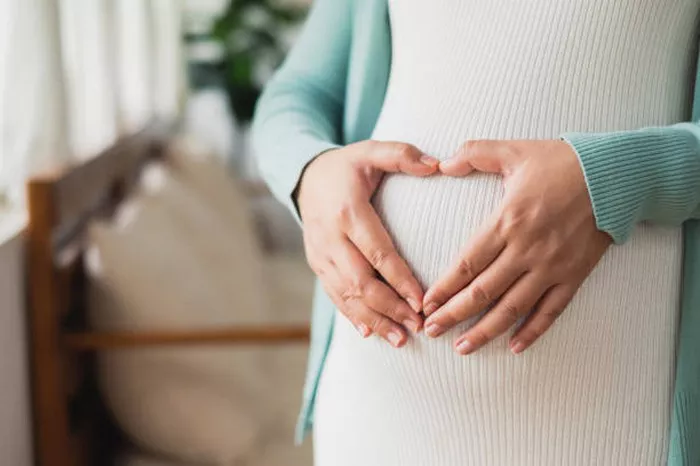A recent study published in Nature Communications investigates the risk of Long COVID in pregnant women who contracted SARS-CoV-2 infections during their pregnancy, compared to non-pregnant women with similar infections. This large-scale retrospective analysis included data from the PCORnet (Patient-Centered Clinical Research Network) and N3C (National COVID Cohort Collaborative) health networks, encompassing a cohort of over 70,000 women, with more than 70,000 individuals who were pregnant at the time of infection.
The study found that pregnant women with SARS-CoV-2 infections were less likely to develop Long COVID than their non-pregnant counterparts. Specifically, the adjusted Hazard Ratios (aHR) for Long COVID risk were 0.86 for the PCORnet cohort and 0.70 for the N3C cohort, indicating a significant reduction in risk among pregnant women. These findings were consistent across multiple Long COVID definitions, including rule-based and machine learning-based models, and sensitivity analyses using ICD-10 codes and symptom clusters such as fatigue, cognitive, and respiratory issues.
Key Findings
Lower Long COVID Risk: Pregnant women had a significantly lower risk of developing Long COVID compared to their non-pregnant peers. For example, in the PCORnet cohort, 16.47 events of Long COVID were observed per 100 pregnant women, compared to 18.88 events per 100 in the non-pregnant group. Similarly, in the N3C cohort, 4.37 events were seen in pregnant women, compared to 6.21 in non-pregnant women.
Pregnancy’s Protective Effect Across Variants: This protective effect was observed across different pandemic waves, including those dominated by the Delta and Omicron variants. Even as the overall risk of Long COVID increased with these variants, pregnant women consistently faced lower hazards.
Subpopulation Variations: The study also identified that certain groups within the pregnant population had a higher risk of Long COVID. Black women and those of advanced maternal age (35 years or older) had higher risks compared to younger and White women. Pregnant women infected during the first and second trimesters also had a higher risk than those infected in the third trimester, although the data were more mixed in different cohorts.
Vaccination Status and Smoking: The study found that vaccination status did not significantly influence Long COVID risk, though it acknowledged that the data on vaccination were limited due to missing information for many pregnant women. Additionally, while smoking rates were low among pregnant women, smokers faced slightly higher odds of developing Long COVID, although this effect was overshadowed by the broader focus on pregnancy itself.
Long COVID Risk and Pregnancy-Related Immune Changes: The researchers hypothesize that the immunological and inflammatory changes that occur during pregnancy might contribute to the lower observed risk of Long COVID. These changes might influence the body’s response to the virus, potentially reducing the likelihood of developing persistent symptoms.
Study Methodology
The researchers utilized health data from the U.S. National Institutes of Health’s RECOVER initiative, which includes electronic health records (EHRs) from the PCORnet and N3C cohorts. The study compared 29,975 pregnant women from the PCORnet cohort and 42,176 pregnant women from the N3C cohort with matched non-pregnant individuals based on factors such as age, infection time, and comorbidities. A range of factors, including self-reported race/ethnicity, healthcare utilization, and body mass index (BMI), were adjusted for in the analysis. Cox survival models were used to generate adjusted Hazard Ratios (aHRs) for Long COVID risk.
Conclusions and Implications
This study provides valuable insights into the risk of Long COVID among pregnant women, suggesting that pregnancy may modulate the likelihood of developing the condition. Despite the increased risks that SARS-CoV-2 infections pose to pregnant individuals in terms of obstetric outcomes, this protective effect against Long COVID may offer a silver lining for expectant mothers.
The findings highlight the need for further research into the mechanisms that might explain this lower risk, particularly regarding the role of pregnancy-related immune changes. Future studies should also explore potential racial and ethnic disparities, as well as how vaccination status, timing of infection during pregnancy, and other factors influence the risk of Long COVID.
These results underscore the importance of continued surveillance and investigation into the long-term effects of COVID-19 on pregnant populations and emphasize the need for personalized care and guidance for expectant mothers, particularly as new variants of the virus continue to emerge.
You Might Be Interested In:

